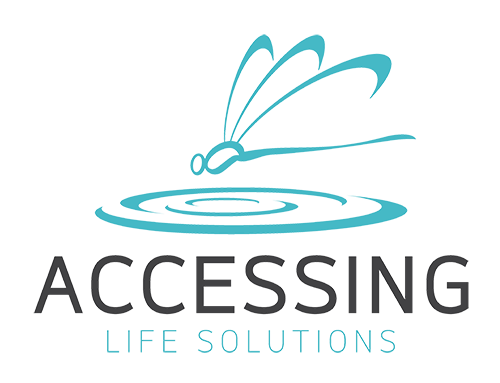Change and Motivation

Change and Motivation
In the 80s and 90s a group of clinicians and authors decided to step back from what at the time was a very segregated, model-based approach to therapy, and attempted to explore some broader ideas about change that they believed were more universal across most clients and concerns, including being applicable to most theories of counselling and therapy. They ended up authoring an idea called the “Trans-Theoretical Stages of Change”, which is a fancy way of saying “stages of change outside of existing theories”. This concept went on to spark other schools of thought and models of therapy including Motivational Interviewing, but at its heart was an idea about helping clients to recognise what their current motivation to change actually was.
A lot of this comes down to language. We have a habit of saying things in a certain way, to ourselves and to others, that usually reflects some other ideas and values and beliefs that are sitting below the surface. The Stages of Change idea acknowledges that at any given time, we may have a varying degree of actual motivation towards change, from not very motivated to incredibly driven. The stages identified became titled as “”Pre-Contemplation” (not yet thinking about change at all), “Contemplation” (thinking about maybe changing), “Preparation” (getting ready to make a change), “Action” (making the change), and “Maintenance” (sustaining the change). These different stages are usually reflected in the ways in which we talk about change, such as “Maybe I should stop smoking”, or “I will stop smoking next month”, and “I’m ready to stop smoking and have taken steps” – and so forth. It can be worth reflecting on what language we are using to ourselves and to others about particular changes we are thinking about, as a way of increasing our awareness of our underlying motivation and readiness. Sometimes even a simple change of language can have flow-on effects to this motivation and drive.
More next time!
